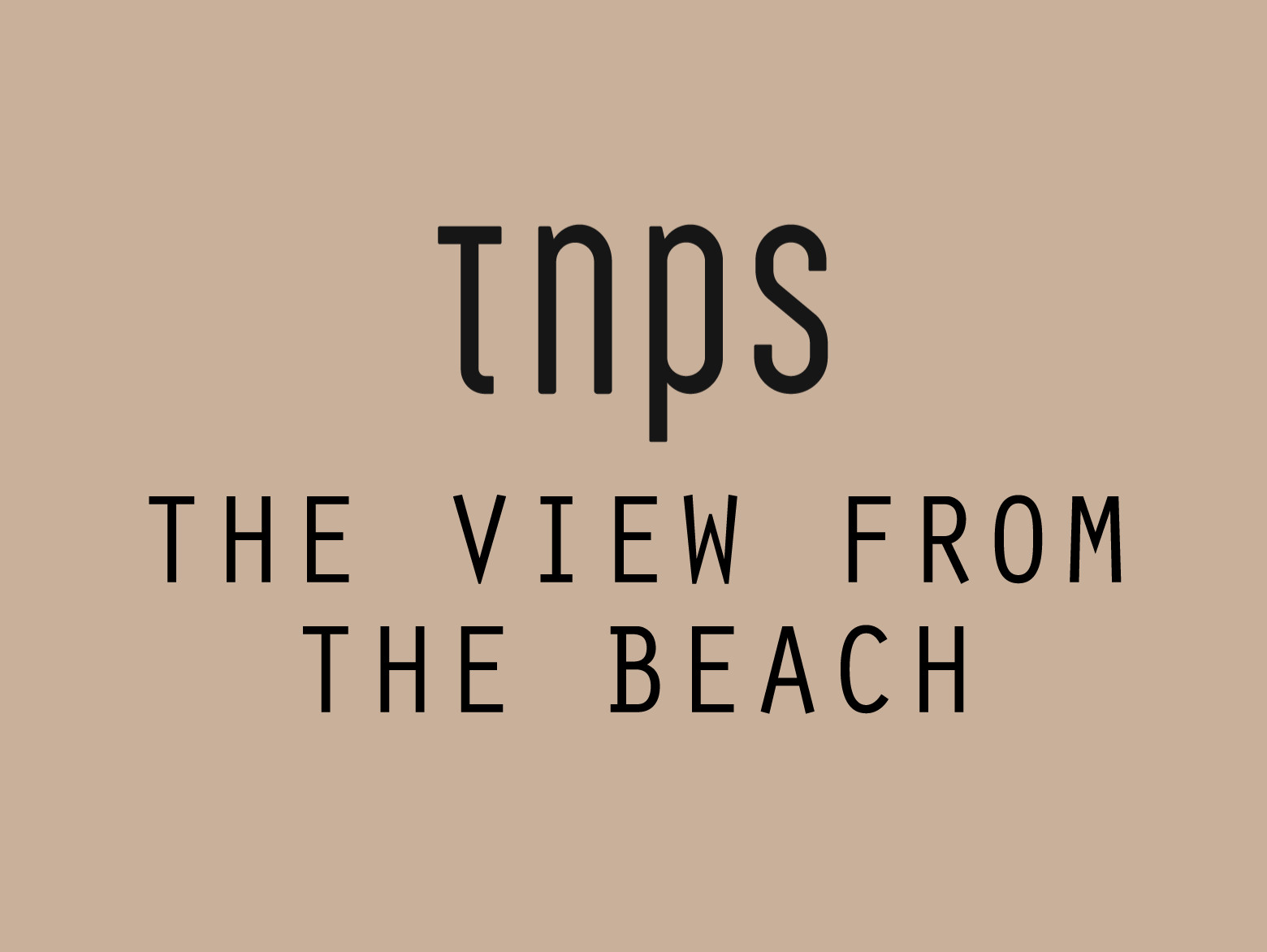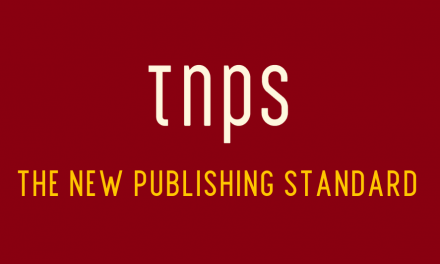Launched in Denmark in September and Germany in November, Podimo has got off to a great start with its ambition to monetise podcasting in Europe.
Behind the venture is Mofibo founder Morten Strunge, who earlier this year raised 6 million euros ($6.7 million) to set up the September launch.
Podimo offers a free trial, and while some early subscribers have or will convert to paying subscribers, but my guess is it will be substantial and will grow fast as we head into the 2020s, both in Denmark and Germany and in the new country-launches yet to be announced.

Strunge initially planned on acquiring 100,000 paying subscribers over three years, so is delighted with the initial reception. In a press release he said,
We went into this with high ambitions and we thought big from the start. We did this because we believe in our content and our business model, where we create an ecosystem for podcasters. It’s amazing that in just a few months we can see that so many Danes share our enthusiasm.
With the November expansion into Germany (still on-going – see Podimo’s LinkedIn profile for evidence of further staff hiring).
Podimo is charging a comfortable DKK 39 ($5.80) per month and in Germany 4.99 euros ($5.60).
About the Germany launch Strunge said,
We believe that we can fill a gap in the German podcast market and that we can occupy an important position as the podcast platform introducing a new ecosystem that will also benefit podcasters. Podimo offers podcasts, which can also be found on other podcast platforms, as well as a multitude of podcasts available only on Podimo.
Stepping back to see the bigger picture, and podcasts, once seen as the poor stepchild of audiobooks, is now a format in its own right for mainstream publishers and media, with news and non-fiction leading the way.
For some it’s a simple discovery tool. Podcasts are put out for free and the publishers hope to derive knock-on benefits and upsell, but getting paid for the actual podcast content has not been a primary objective.
That’s changing fast as monetising podcast sites proliferate around the globe alongside monetised audiobook sites that increasingly carry podcast content.
These fall into two broad groups – those that are free and are financed by advertising, and those that have a subscription fee and no adverts. Consumers make their choices. Content providers reap the rewards in new revenue streams.
Unsurprisingly the English-language podcasting arena has developed the fastest, because so much content can travel easily between both English-speaking and English-as-Second-Language countries, but as we see clearly with Podimo, this can and will work even in small countries like Denmark (population 5.7 million – 5.6 million of them online).
Podcasting opens up new vistas for publishers across the board, not just in new and a handful of non-fiction categories, and while regular audiobook services can carry that content my guess is we will see more andmore dedicated podcasting sites – especially niche audience – appear in the coming years for those who prefer their audio short-form and have no desire to pay a full audiobook subscription and then sift through a ton of regular audiobooks to find the podcasts they want.
And on the other side of this particular coin we will see more and more publishers turning to podcasts because the production costs are so much lower than for a full audiobook.
While audiobooks are a final product, podcasts can be both a final product and simultaneously a driver of consumer traffic to other formats.
Podcasting is a win-win for publishers across the board, and the only question is how soon before they fully embrace this exciting digital opportunity.





